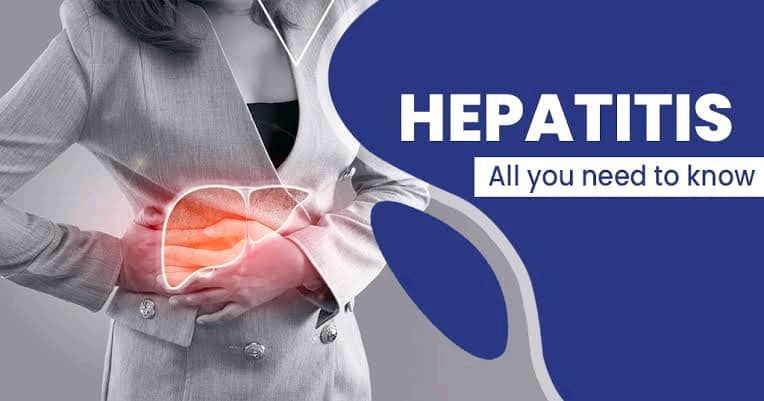TYPES, SYMPTOMS, CAUSES AND TREATMENT.
INTRODUCTION
Hepatitis is a widespread and potentially serious inflammation of the liver that affects millions of people worldwide. It can be caused by viruses, alcohol consumption, certain medications, autoimmune diseases, and metabolic disorders. This article aims to provide a detailed overview of hepatitis, including its types, symptoms, causes, prevention, and treatment options.
Understanding Hepatitis:
Hepatitis is characterized by liver inflammation, which hampers the organ’s ability to function properly. The liver plays a crucial role in filtering toxins, producing bile for digestion, storing nutrients, and metabolizing medications. When the liver is inflamed, these vital functions may be compromised, leading to various health complications.
TYPES OF HEPATITIS
There are five main types of hepatitis:
- Hepatitis A.
- Hepatitis B.
- Hepatitis C.
- Hepatitis D.
- Hepatitis E.
1. HEPATITIS A (HAV): Hepatitis A is usually transmitted through contaminated food and water or close contact with an infected person. It is an acute infection that typically resolves on its own without causing chronic liver diseases.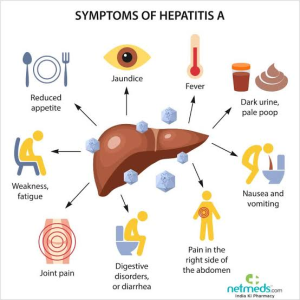
2. HEPATITIS B (HBV): Hepatitis B is primarily transmitted through contact with infected blood, unprotected sexual intercourse, or from an infected mother to her baby during childbirth. It can cause both acute and chronic infections and is a significant global health concern.
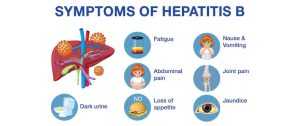
3. HEPATITIS C (HCV): Hepatitis C is primarily transmitted through blood-to-blood contact, such as sharing needles or other equipment used for injecting drugs. It can lead to both acute and chronic infections, and chronic HCV infection often results in liver cirrhosis or liver cancer.
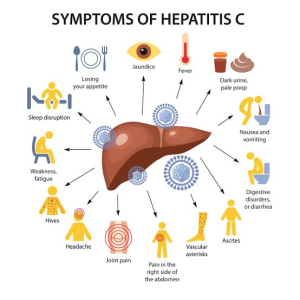
4. HEPATITIS D (HDV): Hepatitis D is a rare type of hepatitis that only occurs in individuals already infected with Hepatitis B. HDV is usually transmitted through contact with infected blood or sexual contact.
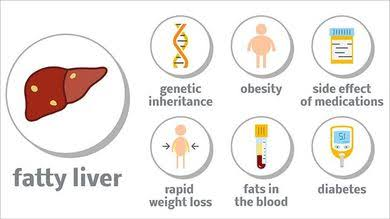
5. HEPATITIS E (HEV): Hepatitis E is primarily transmitted through the consumption of contaminated water or food, particularly in regions with poor sanitation. It is typically acute, but pregnant women infected with HEV have a higher risk of developing severe complications.
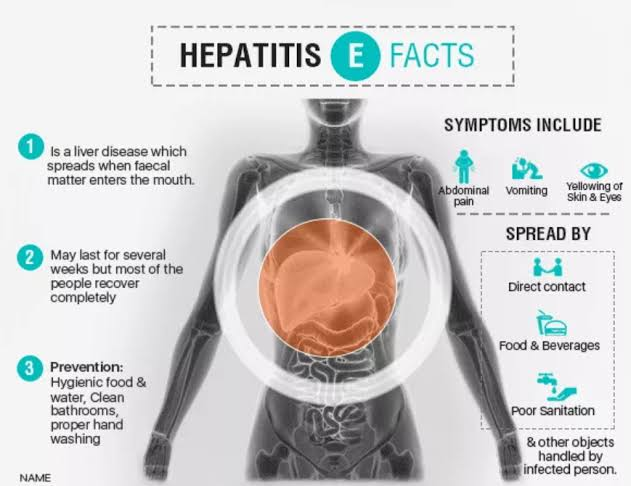
SYMPTOMS OF HEPATITIS
The symptoms of hepatitis can vary depending on the type and stage of the infection. However, some common signs and symptoms include:
– Fatigue and weakness
– Jaundice (yellowing of the skin and eyes)
– Abdominal pain and discomfort
– Loss of appetite
– Nausea and vomiting
– Dark urine
– Pale stools
– Joint pain
– Fever
– Clay-colored bowel movements
It is important to note that some individuals, especially those with chronic hepatitis, may not exhibit any apparent symptoms for an extended period, making regular screenings and testing crucial for early detection.
CAUSES AND RISK FACTORS
The causes of hepatitis vary depending on the type:
Viral hepatitis (HAV, HBV, HCV, HDV, and HEV) is caused by specific viruses that target the liver.
– Non-viral hepatitis can result from excessive alcohol consumption, certain medications (such as acetaminophen overdose), autoimmune diseases, metabolic disorders, and exposure to toxins or chemicals.
RISK FACTORS FOR HEPATITIS INCLUDE
– Unsafe sexual practices or multiple sexual partners.
– Intravenous drug use and sharing needles.
– Unprotected contact with infected.

